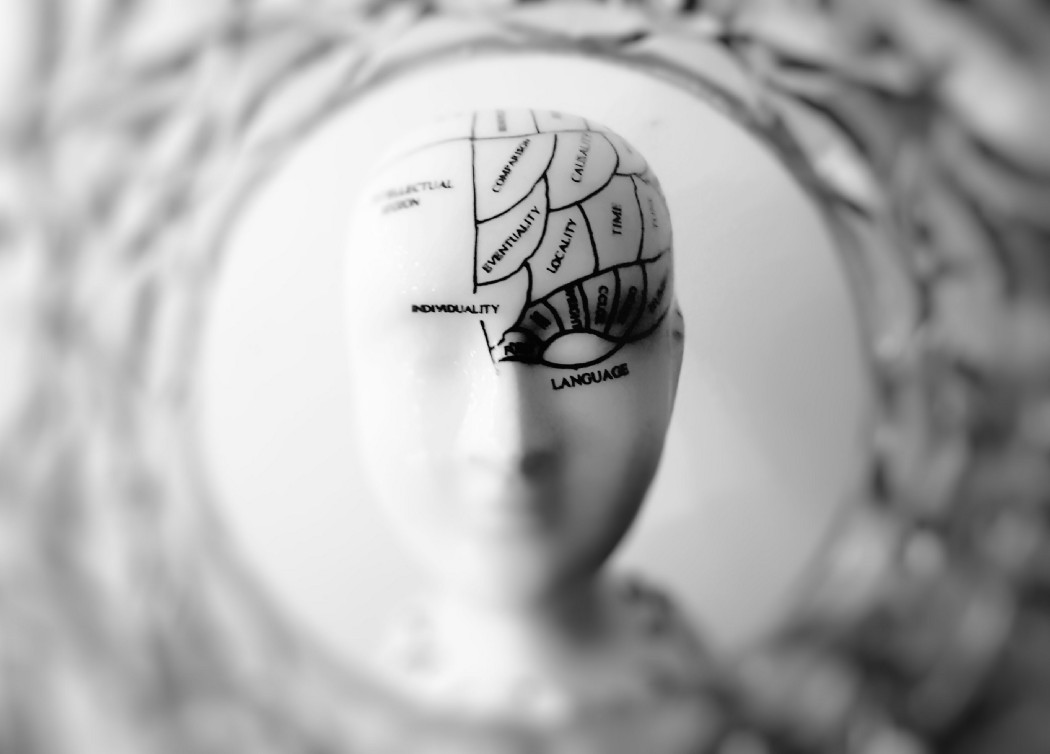We inescapably experience the world through our body, and recent scientific reports support that the experience we receive through our body creates our cognition and eventually our consciousness. Yet as our embodiment itself is the background of all our everyday experiences, it appears to be experienced quietly. We tend to take for granted that our body is present in and contributing to all experience, as we also tend to take for granted the feeling that it belongs to us and it is under our control.
In Embodied Mind hub we are adopting an approach that integrates most of the interdisciplinary ideas discussed in our first blog (“What is Consciousness”), meaning that we are interested in approaching consciousness as a bodily or cognitive response to stimuli that can be felt like a “personal” experience, that is created by an agent, YOU. If someone asks you, for example, to give a description of the pain you feel in your right foot, or of what you were just thinking about, you would reflect on it and thereby take up a certain perspective, but it would be very difficult to communicate the exact experience as you “personally” feeling it. Thus, personal or reflective self-consciousness is at least a second-order cognition and it may be the basis for a report on our experience. However, what happens when you don’t reflect upon your experience? I guess the experience of the pain or thought would still be there for you, right?
In contrast to our personal experience, a sub-personal or pre-reflective experience is an awareness we have before we do any reflecting on our experience and it is an implicit and first-order awareness rather than an explicit or higher-order form of self-consciousness. In other words, you could not describe the pain if you don’t experience the pain first. So, this disturbing pain surely has a subjective “feel” to you, a certain (phenomenal) quality of “what it is like” or what it “feels” like to have it. And this is easy to understand when we talk about pain, but it is also the case for perceptual experiences, experiences of desiring, feeling, and thinking. There is something it is like to taste chocolate, and this is different from what it is like to remember or imagine what it is like to taste chocolate, or to smell vanilla, to run, to stand still, to feel envious, nervous, depressed or happy, or to entertain an abstract belief. This framework is inspired by early 20th century philosophers and scientists who talked about a reflective and pre-reflective consciousness (more about this in future blogs).
By this differentiation between the personal and the subpersonal experience (or consciousness if you prefer), we want to expand the notion of experience into something that happens no matter if we reflect upon it or not. Both experiences are important, both worth to be considered and for both the mediator is our bodily self.
You may ask, but why should I consider both of these experiences?
Often, we tend to ignore our sub-personal experiences and we focus on being able to explain what we experience physically and mentally, while when this experience makes us suffer we rush to find the cure to them, get rid of them, and go back to our “normality”. It is believed that there is great undiscovered wisdom in our sub-personal experience. Being aware of the “what it’s like for ME to have this pain” or the “what it is like for ME to feel sad” and being able to reflect in a constructive way upon this experience, can give us clarity about our current reality, and can show us how to be more compassionate towards our current limitations.
In Embodied Mind hub we believe that by practicing mindfulness and mindful movement we can become more aware of this sub-personal consciousness and learn more efficient and constructive ways to reflect upon our physical and mental experiences to our own benefit.
For more content follow https://medium.com/@info-embodiedmindhub








